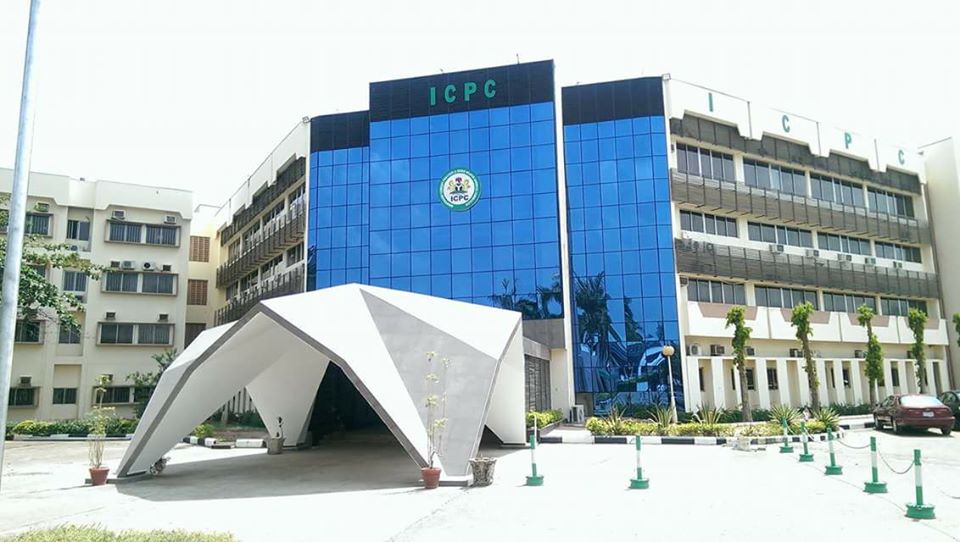The Independent Corrupt Practices and Other Related Offences (ICPC) has directed the Nigerian Power Holding Company of Nigeria (PHCN) to fight corruption within the organization to serve Nigerians better.
A statement by the Commission’s Resident Media Consultant, Mr. Folu Olamiti, quoted the Commission’s Secretary, Mr. Elvis Oglafa, as saying that PHCN could not succeed in its task of providing required electricity for the country without fighting internal corruption.
Oglafa noted with regret that consecutive audit reports by SERVICOM since 2003 had shown that nothing had changed in its services.
He said the PHCN could not afford to fail Nigerians in the task of providing transparent service delivery.
Source: Daily Trust


